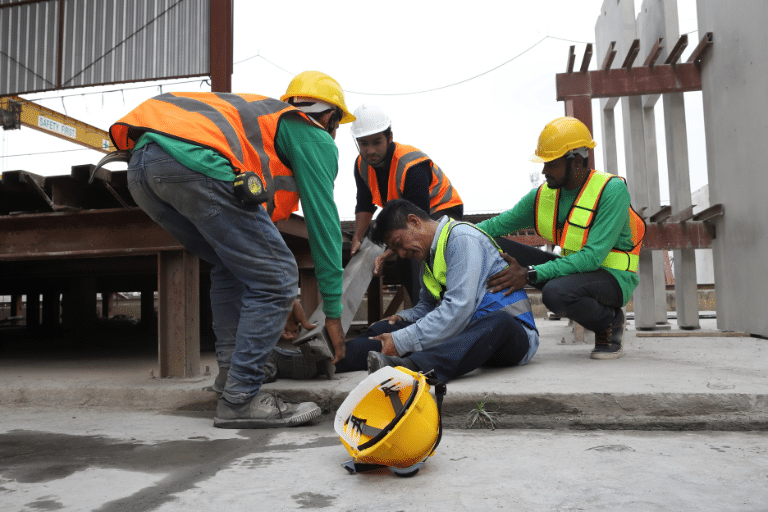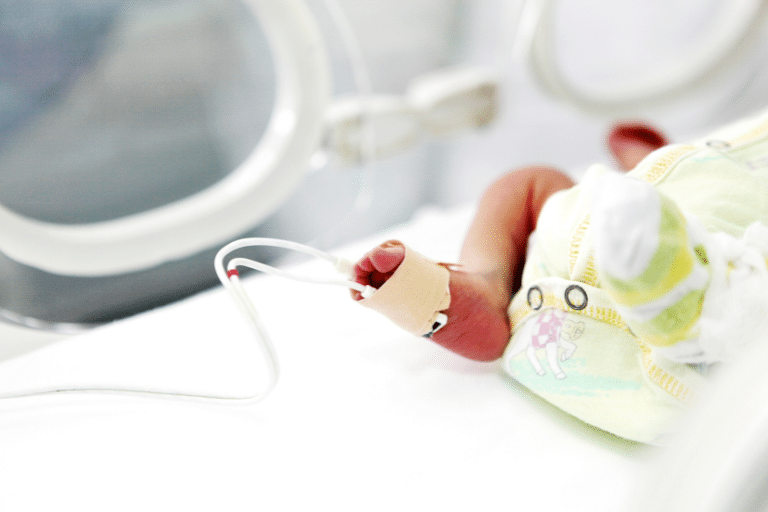If you play or watch sports, you’re undoubtedly aware that head injuries are always a major concern. That’s why we wear helmets for everything from football to extreme skateboarding. However, most people don’t know the difference between concussions and traumatic brain injuries, and how to treat them.
Traumatic brain injuries (TBIs) and concussions can happen when playing sports, but they’re also possible in car accidents, falls, amusement park ride accidents and other situations where you’re unlikely to wear a helmet. If you or a loved one suffers a head injury, it’s very important that you seek medical treatment immediately—and contact a personal injury attorney to help recoup compensation.
Here’s the difference between TBIs and concussions.
Concussion
Concussions are a mild type of TBI. They occur when there’s an impact that causes the brain and head to rapidly move back and forth. Normal brain function is briefly interrupted. The victim might feel dazed, nauseated, dizzy or hear ringing in their ears. More severe concussions include headache, neck pain, slurred speech, confusion and loss of consciousness.
While concussions are not as serious as moderate or severe TBIs, they can still have lasting consequences. If you notice any of these symptoms, seek medical help at once.
Concussion symptoms don’t always show up immediately. They may appear hours or days later. Your doctor may perform imaging, neurological and cognitive tests to assess the damage. Severe concussions require hospitalization, but milder forms may only require supervision for 24 hours. Rest and pain relievers are the two most common treatments.
Traumatic Brain Injury
TBIs are far more serious. They’re also more likely to be missed in older adults, especially after falls or car accidents. TBIs have similar symptoms to concussions, but more severe: you may notice increased vomiting, longer periods of unconsciousness and pupil dilation, among other symptoms.
It’s extremely important that you get help for TBIs as soon as possible. They can have lifetime consequences, such as difficulty moving, processing speech and recalling memories. Some can lead to facial paralysis or severe behavioral and emotional changes.
When someone is diagnosed with a TBI, the doctor’s primary concern is ensuring they are getting enough blood and oxygen to the brain. They may require medications or surgery to relieve pressure and allow the brain to heal properly.
Head injuries are serious, even if they’re not moderate or severe TBIs. Always seek medical treatment right away—then call a lawyer to hold any negligent parties responsible.
Get Help from an Ohio Personal Injury Lawyer Today
Have you suffered a concussion or TBI as a result of someone else’s negligence or recklessness? I’ll Make Them Pay!® We’ll work together to hold them responsible for your injuries, so you don’t have to bear those costs alone. Call me today at 877.944.4373 for a consultation.







